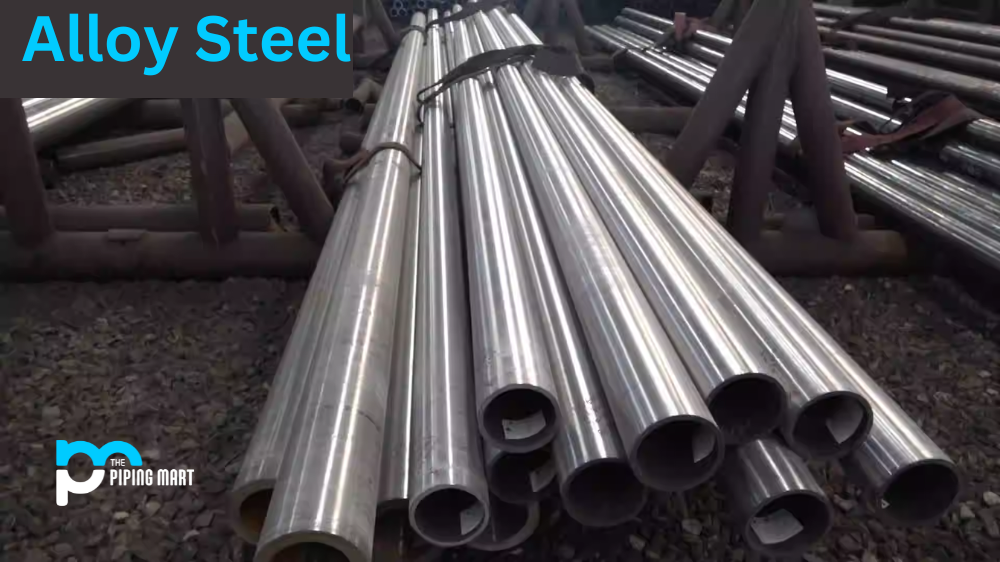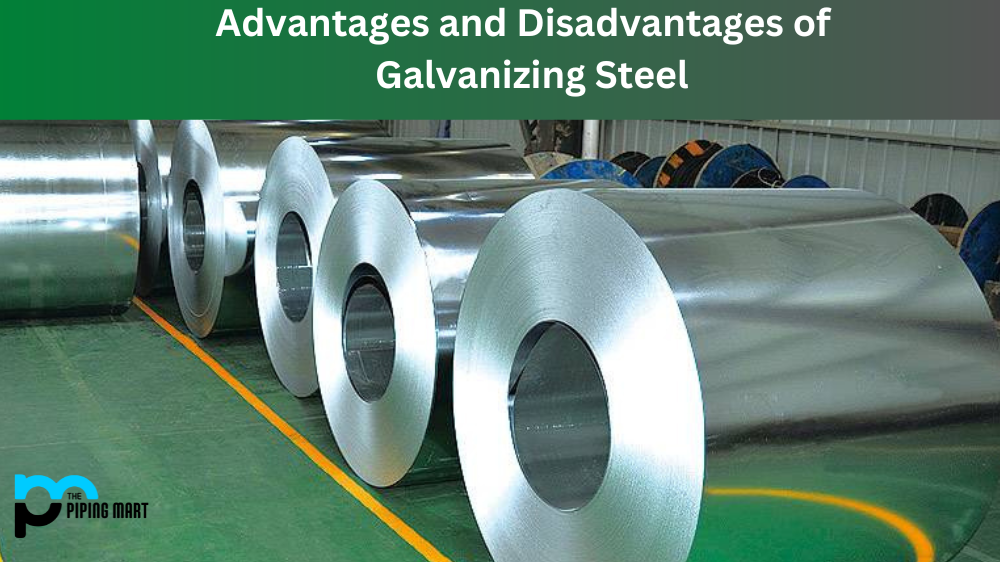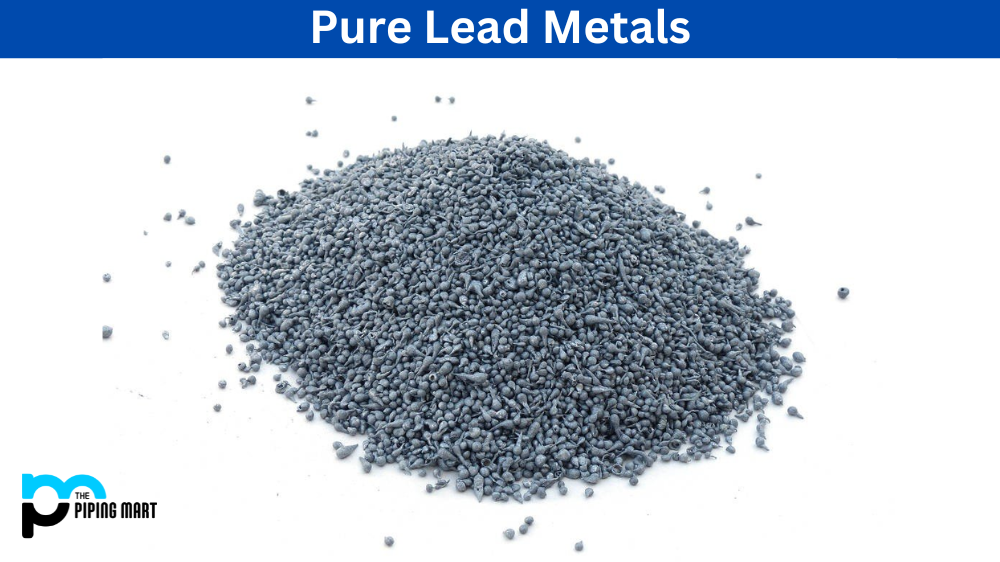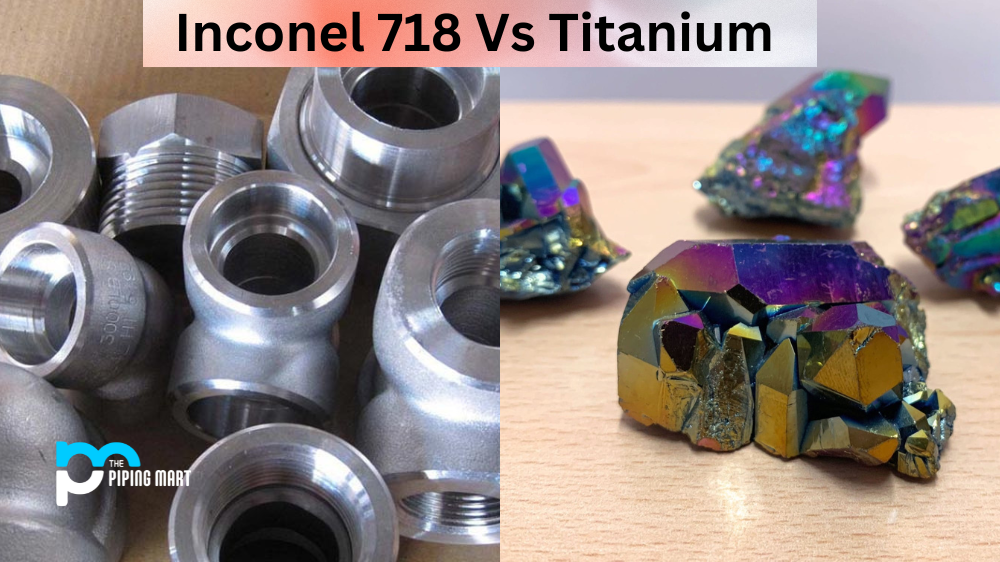Steel is one of the most important materials used in construction, manufacturing, and production in modern-day industries. However, steel can be prone to corrosion, especially in harsh environments such as chemical processing plants, saltwater environments, and other industrial settings. This can result in the deterioration of equipment, reduced performance, and costly repair and replacement. To combat this issue, alloy steel was developed as a more corrosion-resistant alternative to traditional steel. In this blog post, we will explore the challenges of using alloy steel and how to overcome corrosion in industrial settings.
What is Alloy Steel?
Alloy steel is a type of steel that contains various alloying elements such as manganese, silicon, nickel, chromium, and vanadium in varying proportions. These elements are added to improve the properties of the steel, such as strength, durability, and corrosion resistance.
One of the most remarkable characteristics of alloy steel is its versatility. By adjusting the proportion and combination of different alloying elements, engineers can create specific alloy steels with unique properties tailored for various applications. For instance, high-strength low-alloy (HSLA) steels have excellent strength-to-weight ratios, making them ideal for structural applications. On the other hand, stainless steels contain high levels of chromium, providing superior corrosion resistance.
Moreover, unlike carbon or traditional steels, which have limited tensile strength and ductility at elevated temperatures, many alloy steels can maintain their mechanical properties even at extreme temperatures. This makes them suitable for use in industries where heat resistance is crucial, such as aerospace engineering or power generation.
Understanding Corrosion in Industrial Settings
Corrosion in industrial settings occurs when certain environmental factors, such as high humidity, temperature, or exposure to saltwater or chemicals, react with the metal surface of steel. This reaction causes damage to the metal surface and can lead to reduced structural integrity, equipment failure, and safety hazards.
To overcome corrosion, one needs to understand the factors contributing to the corrosion process. Understanding the chemical composition of the environment where the steel will be used is key to selecting the right type of alloy steel for the application.
Advantages of Alloy Steel
Alloy steel is made by adding other elements, such as nickel, chromium, and molybdenum, to the base iron material. This creates a stronger, more durable steel material better suited for industrial applications. The added elements in alloy steel also enhance the corrosion resistance of the steel, making it a suitable option for harsh industrial environments.
Another advantage of alloy steel is that it is much stronger than traditional steel. This makes it a popular choice for applications that require high strength and durability, such as in the aerospace and automobile industries.
Different Types of Alloy Steel
Many different types of alloy steel are available, each with different chemical compositions and properties suited for different industrial applications. Some of the most common types of alloy steel include stainless steel, titanium steel, and high-strength low-alloy steel.
Stainless steel, for instance, is highly resistant to corrosion and can withstand exposure to harsh environments such as saltwater and chemicals. On the other hand, Titanium steel is known for its high strength-to-weight ratio and is ideal for construction applications where strength and durability are essential.
Preventative Measures Against Corrosion
Although alloy steel is more corrosion-resistant than traditional steel, it is not completely corrosion-resistant. Various preventative measures can be taken to prevent corrosion, including regular cleaning and maintenance of equipment, applying protective coatings, such as zinc and paint, and using corrosion-resistant materials, such as polymers and plastics.
Some alloys can also be treated with specialized coatings such as galvanized or anodized coating, which create a barrier between the steel and the environment.
Conclusion:
In conclusion, alloy steel is an effective solution for corrosion challenges in industrial settings. The added elements in alloy steel enhance its strength and increase its resistance to corrosion, making it ideal for industrial applications. However, preventative measures should be taken to enhance its longevity and durability to fully reap the benefits of alloy steel. By understanding the factors contributing to corrosion and selecting the right type of alloy steel for the application, we can achieve optimal performance, reduce repair and replacement costs, and enhance safety in industrial settings.

Hey, I’m Krutik, a casual blogger expert in the metal industry. I am passionate about providing valuable information to my readers. With a background in engineering and construction, I like playing Cricket & watching Netflix shows in my free time. Thank you for visiting my blog, and I hope you find my information helpful!




